Signs of Solidarity
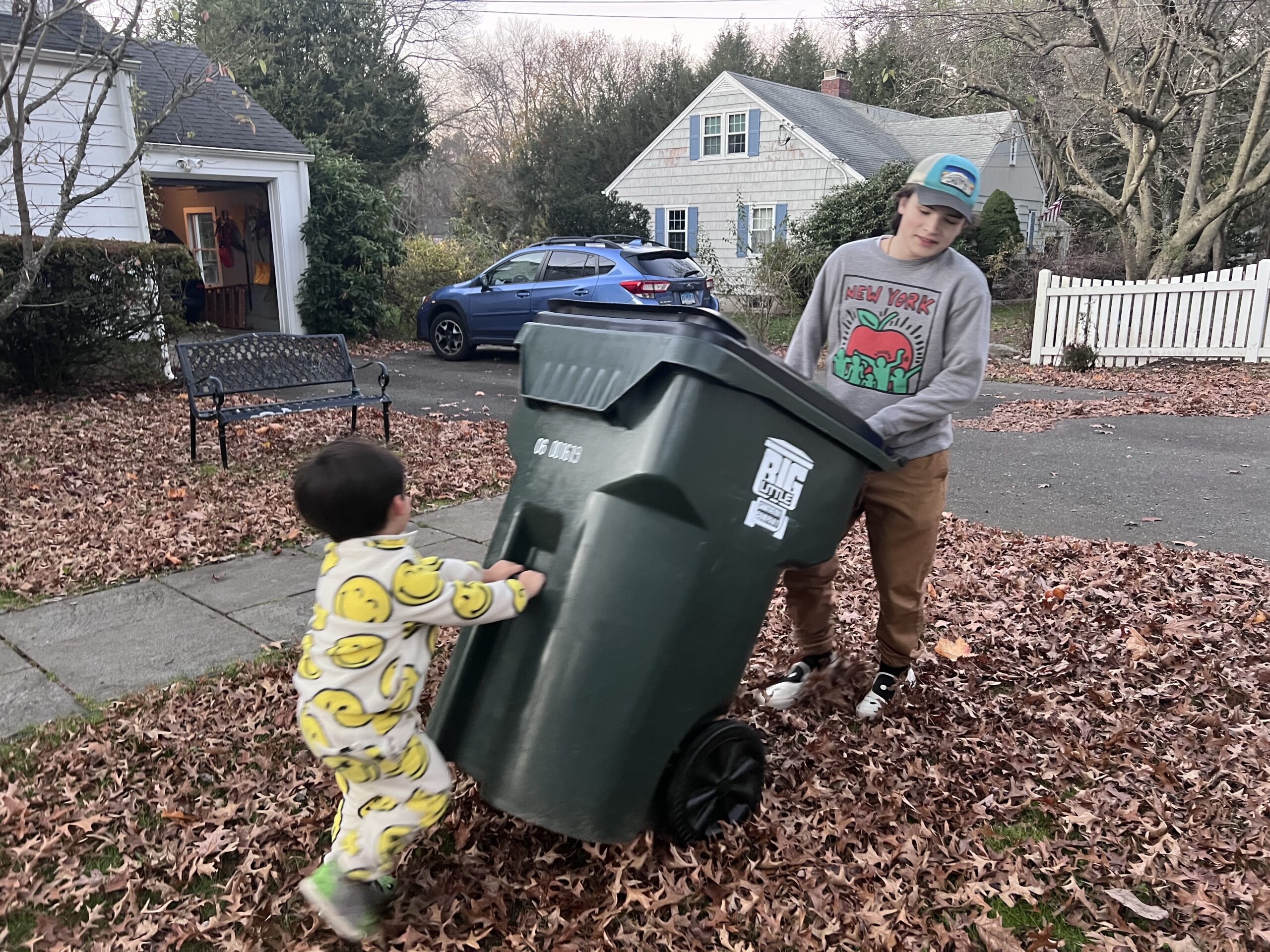
In our home, we’re moving away from assigned chores since I read Hunt, Gather, Parent by Michaeleen Doucleff. We’ve done so as we focus on the social aspect of household duties. Instead of telling my teen he’s in charge of trash every day and getting mad when I have to remind him many times, I’ve shifted the language to: “Let’s clean the kitchen together.” while I begin, signaling we’re doing this now. He’s still taking the trash out and more, but now we have the benefit of us talking and laughing, listening to his music all throughout.
What I learned from the Mayan families in the book is that when a child is given specific solo tasks, they internalize that those are the only tasks that they are required to do. They won’t do more until instructed because they haven’t see it as their role. Because they’re told to do that task, they don’t grow the mental processes to figure out what needs to be done or to remember to do it. If their only cue to do something is to be told, they aren’t learning a way to remember.
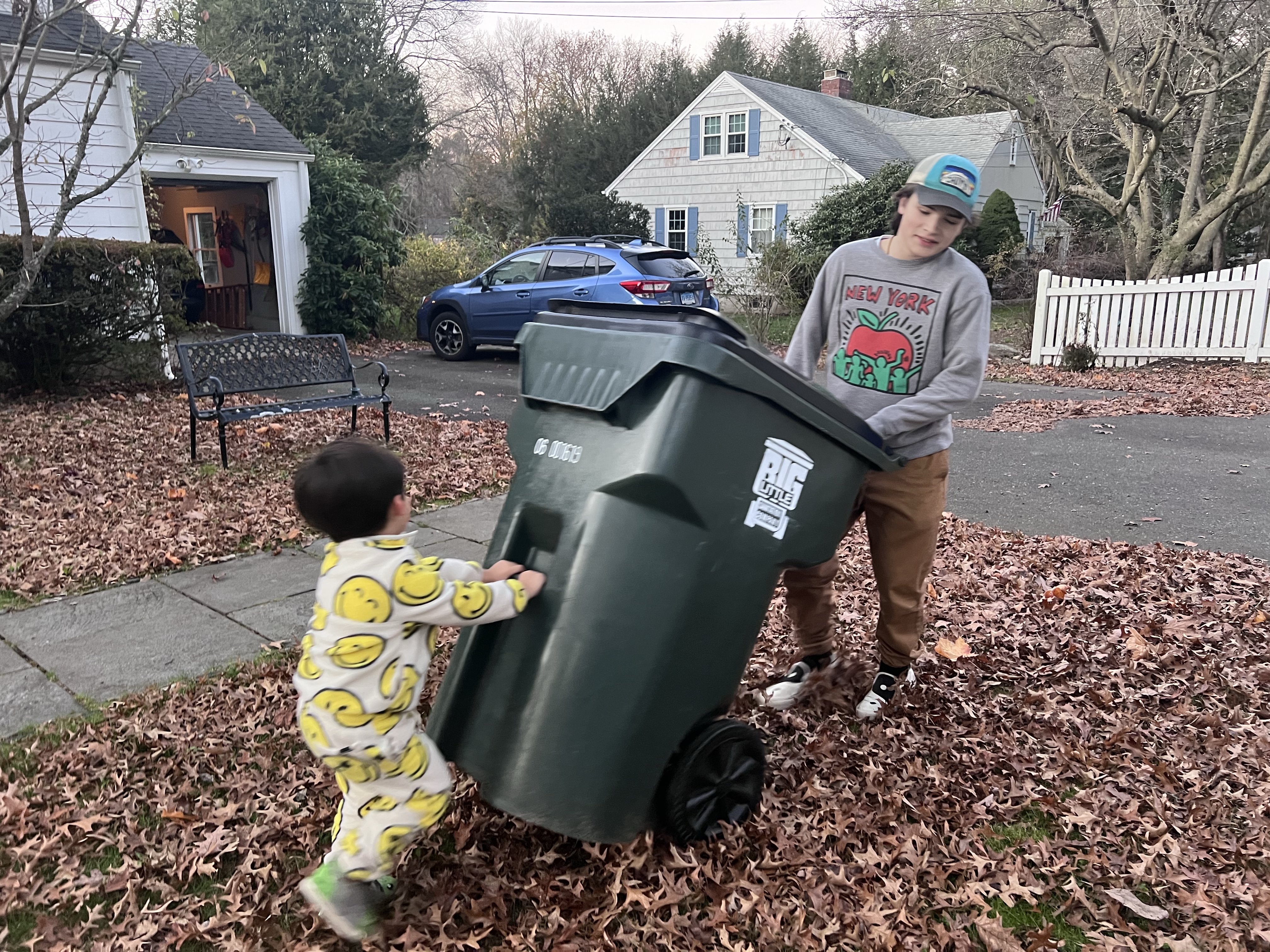
Watching my family members’ attitudes toward chores change has been a rewarding experience that has allowed me to complete more tasks, run my home more smoothly, and leave me more fulfilled.
Tell, Don’t Ask
“We’re doing the dishes now. Come over and put this in.”
Western parents often sound more like “[Child’s name], will you please put your dish in the sink?” This dilutes your need for them to contribute to the family and turns it in to the parent asking permission for the child to do what should be required of them.
Wired for This
Food, sleep, water, social acceptance—all are inherent needs. Socially awkward people often have a looming feeling of “what are we supposed to be doing?” in group settings because it is an innate desire to belong. After all, to our tribal minds, “not belonging” to the group meant that one wouldn’t have the built-in protection or production of the group as a whole—higher risk to end up eaten by a tiger or starving to death from not benefitting from a collaborative harvest. Belonging was a life or death situation.
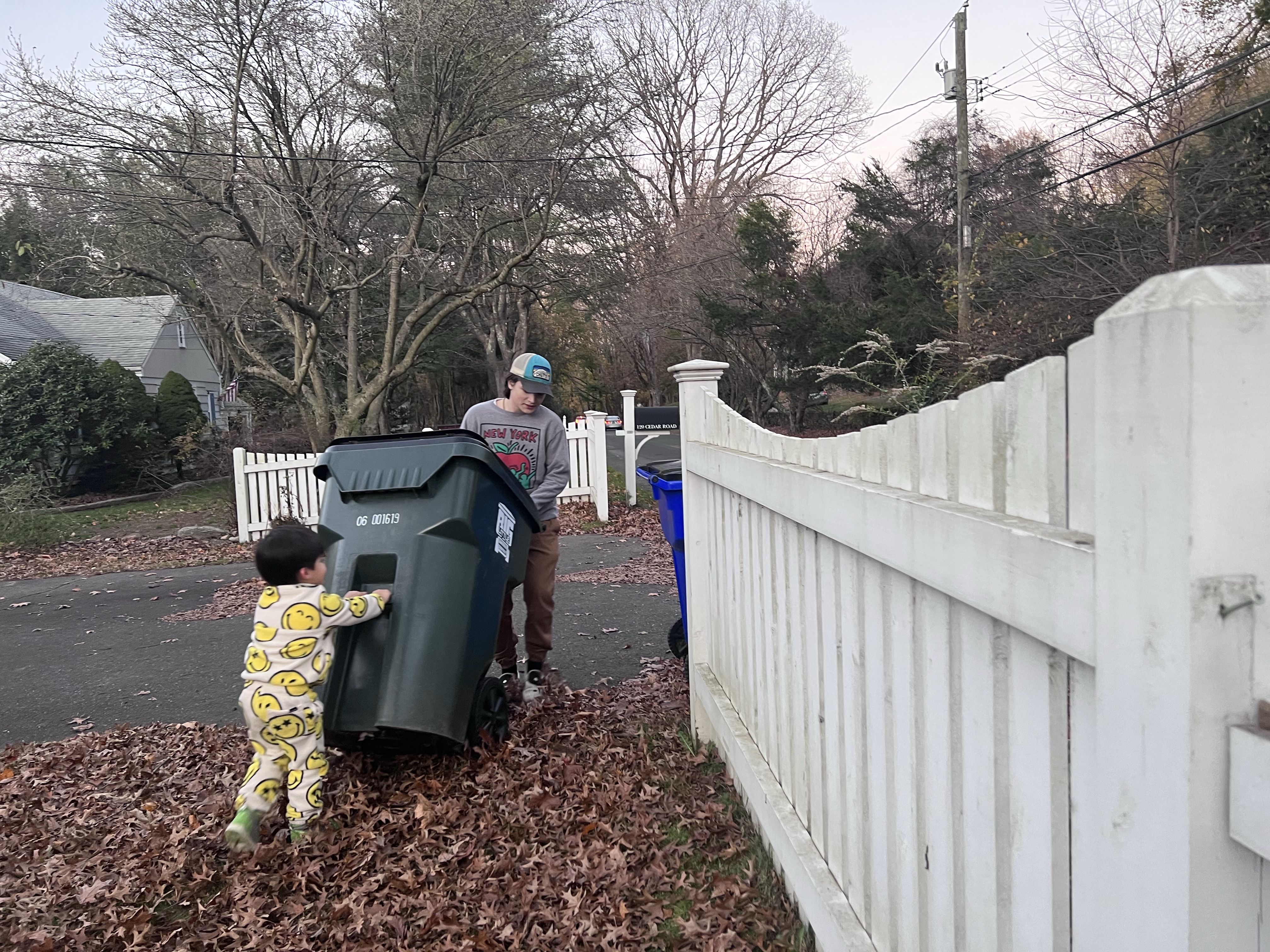
When someone is told “this is what we’re doing,” something clicks that makes the task a little harder to say no to. While we’re on that subject…
Let ‘em Say No
This was the biggest game changer after reading about indigenous parenting. I, like my American parent peers, would take it as a personal affront, as disrespect, when my child told me no to a task or chore. This turns every ask into a bigger task for the parent as the fear of a power and control conflict looms over. When a parent is consistently reminding a child of their responsibilities and doing an unfair amount of labor to maintain the household, of course it feels like the child is ungrateful and entitled when they say no. When a child is perceived as ungrateful, unhelpful and entitled, the parent internalizes that behavior as a reflection of the job they’ve done as a parent. Shame has entered the chat.
Avoid a mess of emotions and a power struggle. Often after you easily accept a no, they change their mind immediately—they realize that they haven’t acted as a good member of the tribe. When you’re not reactive, they realize how reactive they were and that they prefer the feeling of being supportive.
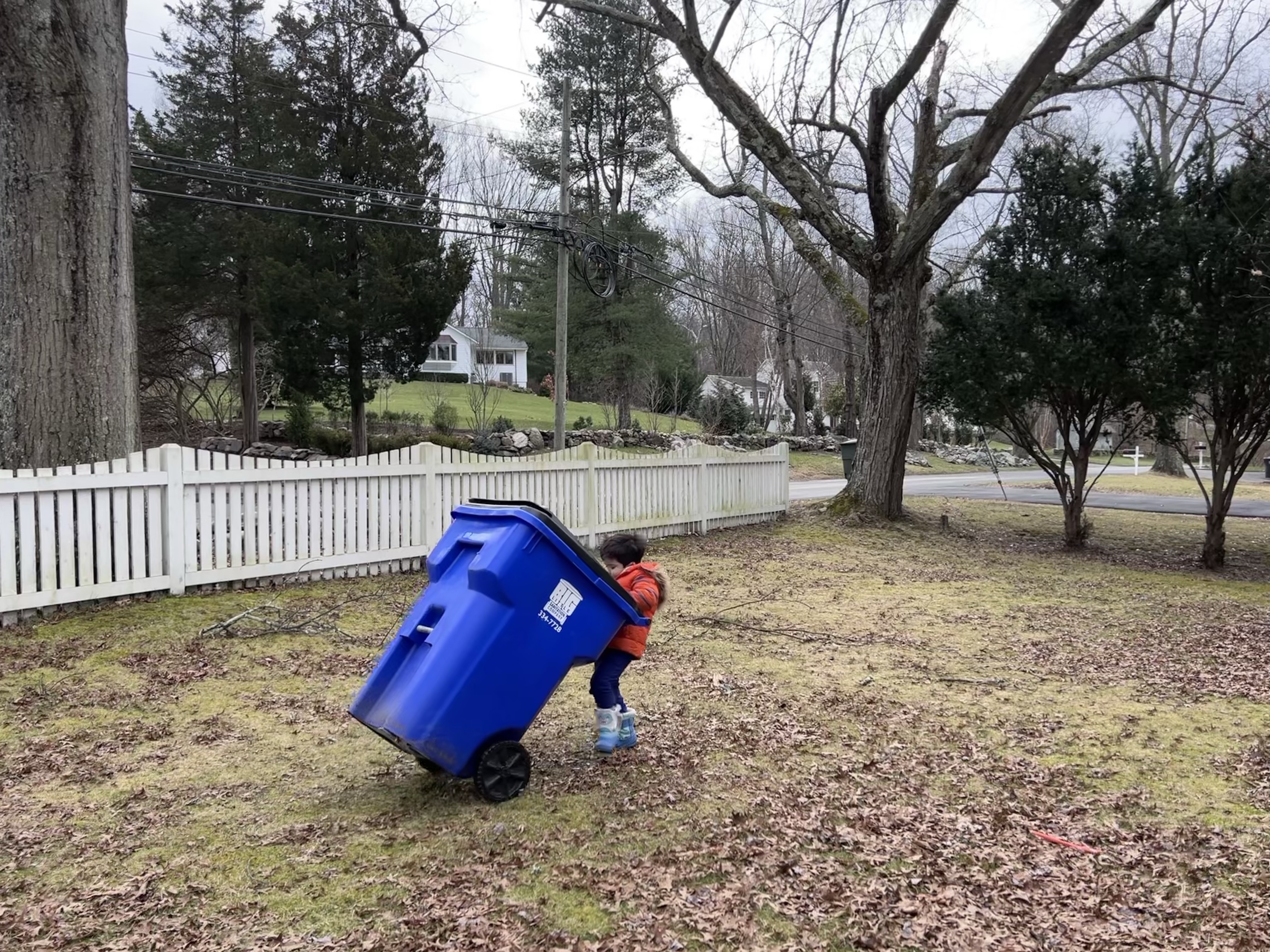
Sometimes they don’t change their mind. They don’t want to take an item to the kitchen trash while they’re in the middle of a play date. That’s no big deal, you have to:
Learn to Ask More Frequently
It’s easier to accept a hard no from the child when you know you’ll ask something of them again soon. Get used to asking for small, simple things for them to do, like bring you something from another room. Tasks should be small, simple to complete, and actually helpful. Not things that you’re pretending to let them do, because that won’t add to their confidence in knowing that they add value to the team.
Get in the habit of telling your children to do small tasks, and they’ll get in the habit of telling you yes, while now it may seem like their default is no. Is it because they’re stubborn? Lazy? Probably not.
Maybe they’re just used to the power and control game that’s so prevalent in American parenting.
Parenting with Power
Unfortunately, it’s all too often that the kids are the ones in control in the American household. In The Collapse of Parenting by Leonard Sax, he asserts that parents need to take back control of their households by asserting rules and responsibilities. He shines light on American teens and the way it’s become cultural norm for teenagers to be disrespectful, always on their phones, demanding, and riddled with mental health woes, while the same isn’t expected in other cultures.
As children get older and more independent, they’re continuing to stack the bricks of their identity and discovering where they fit in to social hierarchy. Spending much of their time at school, it makes sense that much of their focus would be on their identity through the lens of their peers. As they pull away, American parents assume it to be a “natural” part of aging in our individualist society and let go in many ways.
This is a mistake. It’s a parent’s job to be the chief of their small tribe, to enforce mores and determine the doctrine. Not the latest YouTube star, not their best friend who lives a few houses down, and not some TikTok trend. The term Sax uses in his book is “enculturation”—teaching someone how to belong to the group. When mom and dad are too busy or distracted to give opportunities to belong to the tribe at home, they’re seeking belonging elsewhere.
Elsewhere is a Land with a Dangerous Ruler
You may think to yourself: “Enculturation? Never heard of it. It couldn’t be that important.” But enculturation is teaching your child how to exist. It teaches them what to do in social situations so they aren’t riddled with anxiety over how to act.
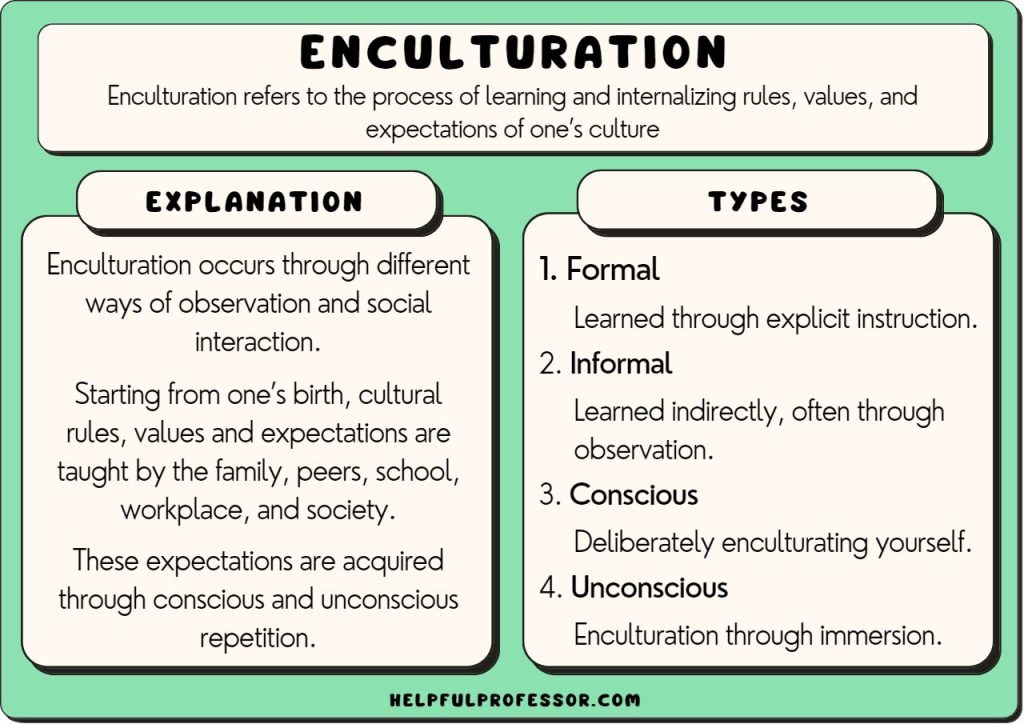
Enculturation used to be something done by child’s entire community: church, school, neighbors, extended family, friends as well as parents.
Now, families are less religious, so church is out. Kindergarten was where most of these mores were laid out, however, kindergarten has gotten less social activity and craft focused. Instead it hits the ground running with long days of academic focus on learning reading and simple math. So formal instruction of enculturation has gone down quite a bit. We’re less likely to know our neighbors—they’re out. We’re more likely to live further from extended family—another out. We aren’t left with only the child’s friends to help the parents help with enculturation.
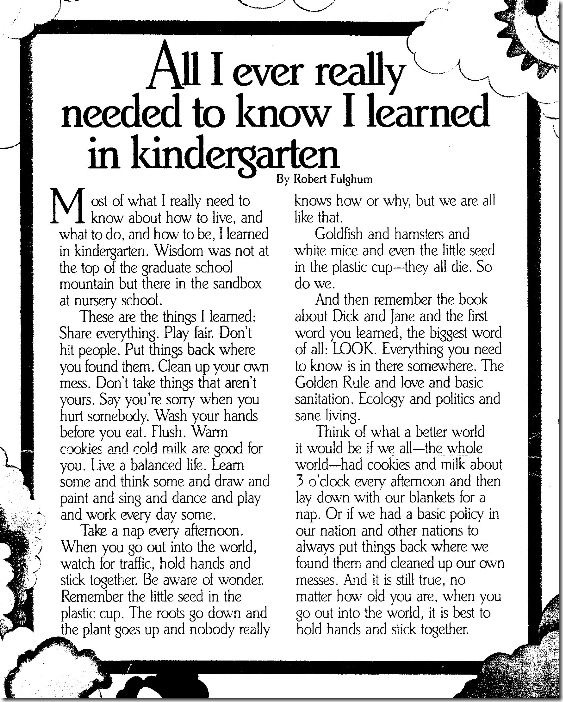
Unfortunately, a key player in modern enculturation is big tech and media corporations. Greedy corporations that are perfectly okay with deceiving your children and using mind tricks to get them addicted to their products and services. Marketing and advertising teams that have product development meetings discussing the “nag factor”—how to get a child to nag their parents for an item. Those same teams who use characters from their favorite puppy show to sell them processed food and teach brand loyalty.
Big tech teaches kids that the only way to fit in with their peers is to participate in their social platform that’s engineered for an addictive algorithm. Though it may seem like they’re learning from children like them, the content selected from the masses of uploads are presented in a way to help ensure the lining of big tech’s pockets, not the greater good of a kid.
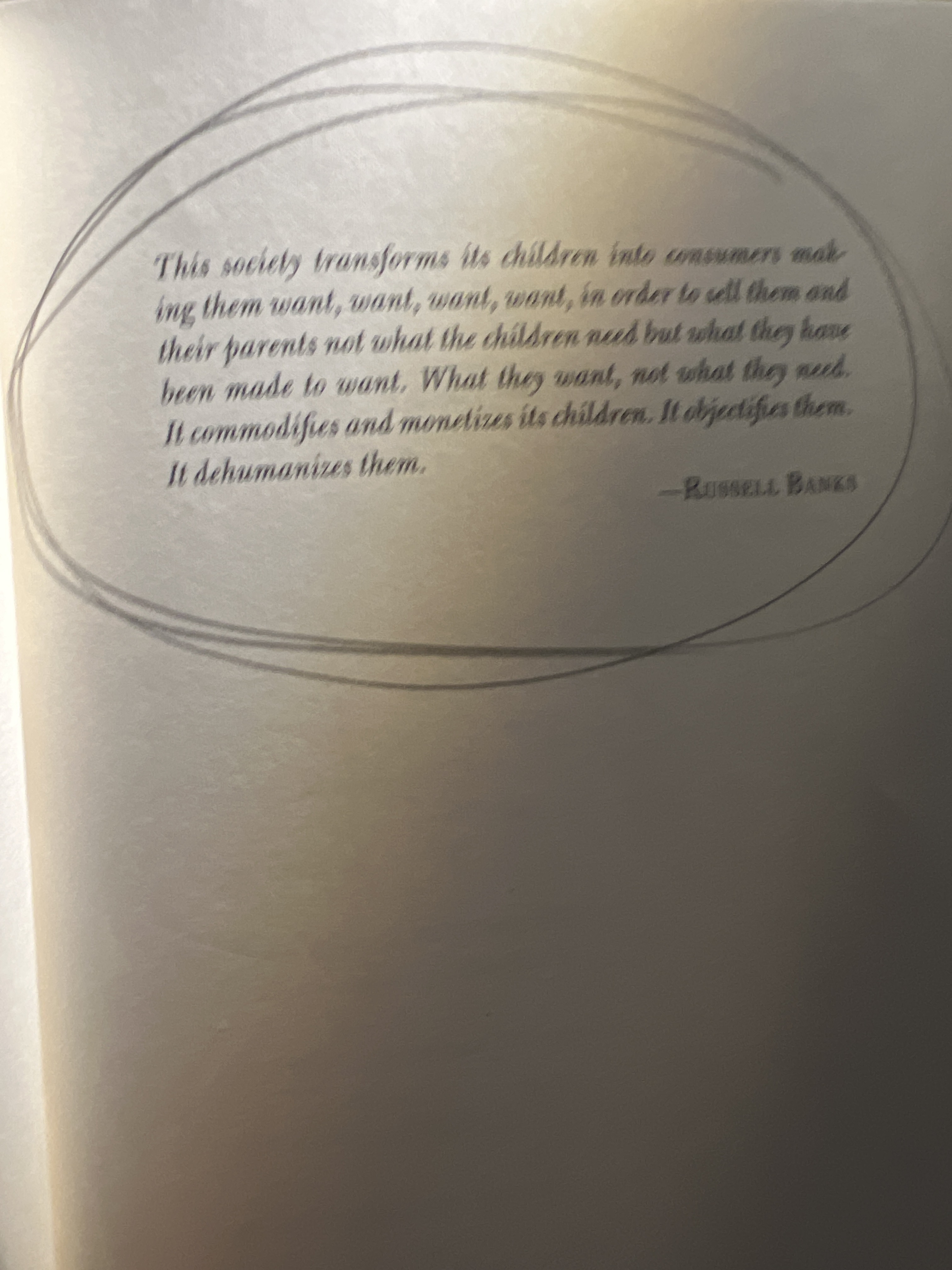
The Kids are Alright
…but they’re not in the position to teach each other how to exist in the world. They’re bad resources and know just as little as the child they’re instructing. Pop culture loves to focus on “young” for the same reason they peddle “new”—to sell you more crap. Somehow we bought the messaging and have allowed our teens to distance themselves from a family unit at devastating costs.
Friend relationships are unstable. I learned this all too well. When a child bases their identity on the need to belong to a tribe of fickle, uninformed young people who may or may not share the same values you’ve tried to imbue, the view that they have of themselves could crumble at the drop of a hat. A child (or adult! as I learned in 2021) could potentially end a friendship hastily over a simple misunderstanding, so interactions are high stakes. No wonder the kids are riddled with anxiety.
Parents in loving homes, however, can and will get in all types of conflict with their growing child. No matter the reasoning, intensity, or regretful things said, the teen knows that they’ll have a stable relationship with those loving parents regardless. That’s identity you can rely on, regardless if your best friend dumps you. And that’s how you maintain a strong sense of self rather than stay on edge over peer interactions: already belonging to a tribe.

Tribe vs. Oppressor
Hunt, Gather, Parent advised Western parents through the lens of three cultures from far reaches of the world. What each of these cultures had in common was an underlying sense of community, rather than a power and control struggle between parent and child. This means more freedom for all.
Doucleff pointed out that the Hadzabe are not unlike other hunter-gatherer cultures in that they believe free will to be the ultimate value, so much so that they don’t believe in telling their young children what to do, Yet, their children are constantly on top of what is good for the group because it is human nature to be helpful. This view correlates with indigenous tribes in the (now) United States. Freedom was so essential to the tribes that once roamed these lands that the oppressive puritans began incorporating the native’s democratic beliefs so that colonists would be less influenced to side with tribal cultures and not return to the colonies.
In Conversation
The other day, my teenage son and I were talking about *another* misguided punishment his peer was receiving from his parents. I told him, “Wow—they really have no idea what they’re doing, do they?” I quickly corrected myself afterward: “Of course, none of us do.”
He replied, “Yeah I think a lot of kids forget their parents are people too.”
“Wow, that’s so right. But I think the reason for that is because parents focus so much on power and control. How is a teen supposed to see the humanity in someone who is actively oppressing them? That’s why they’re out here looking for a new tribe and finding themselves wrapped up with troubled kids. They’re treated as something to be controlled rather than someone to work toward a common goal with.”
Consider:
Are you treating your child as someone to be controlled, like a dictator? Or are you a tribal leader, teaching your child how to live and guiding them on the road to fulfillment?
[…] Next week, I’m going to be at the gym as much as I can. I was so overloaded with everything that my only way to deal with a new thing was to half-ass it, and I whole-ass everything! I’m going to hire some childcare (it’s currently jsut me and my husband, no family–nothing) and push my family to be more equally-contributing members of our tribe. […]
[…] Making a show out of reading a teen’s texts belittles them, encouraging an unhealthy power and control dynamic. […]
[…] wasn’t appropriation. Culture is what surrounds, what raises you. I was a stray. Rather than learning culture from parents, I picked it up as I went along. Those cultures are just as much a part of me as the many blood […]
[…] My son participating in sanding the stick […]